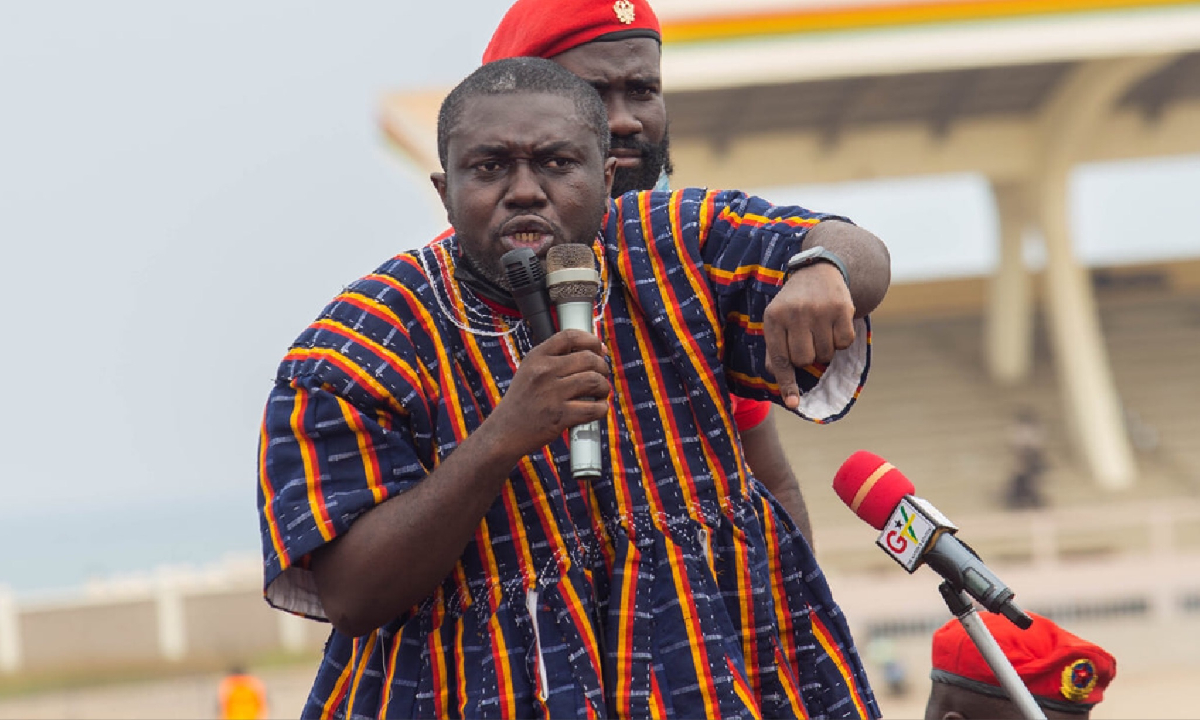Ghanaian activist Oliver Barker-Vormawor has defended his lawsuit seeking the removal of the name “Kotoka” from the country’s main international airport. His case, which has ignited debate, questions the appropriateness of naming such a significant landmark after Lieutenant General Emmanuel Kwasi Kotoka, a key figure in the 1966 coup that ousted Ghana’s first president, Kwame Nkrumah.
Barker-Vormawor argues that Kotoka’s involvement in the coup, which led to a period of military rule, makes his name unsuitable for the airport, symbolising a past associated with authoritarianism. The case highlights a wider conversation about the legacies of colonialism and military regimes across Africa, with activists calling for a reexamination of how public figures are honoured.
While some believe Kotoka played a crucial role in Ghana’s political development, others see his actions as a stain on the country’s democratic journey. Barker-Vormawor’s suit calls for the nation to confront this complicated history and choose figures who better reflect Ghana’s values of democracy and accountability.
As the legal proceedings unfold, the outcome could set a precedent for other public institutions in Ghana and across the continent. Whatever the result, the case has sparked important conversations about historical memory and the figures we choose to honour in the present.

